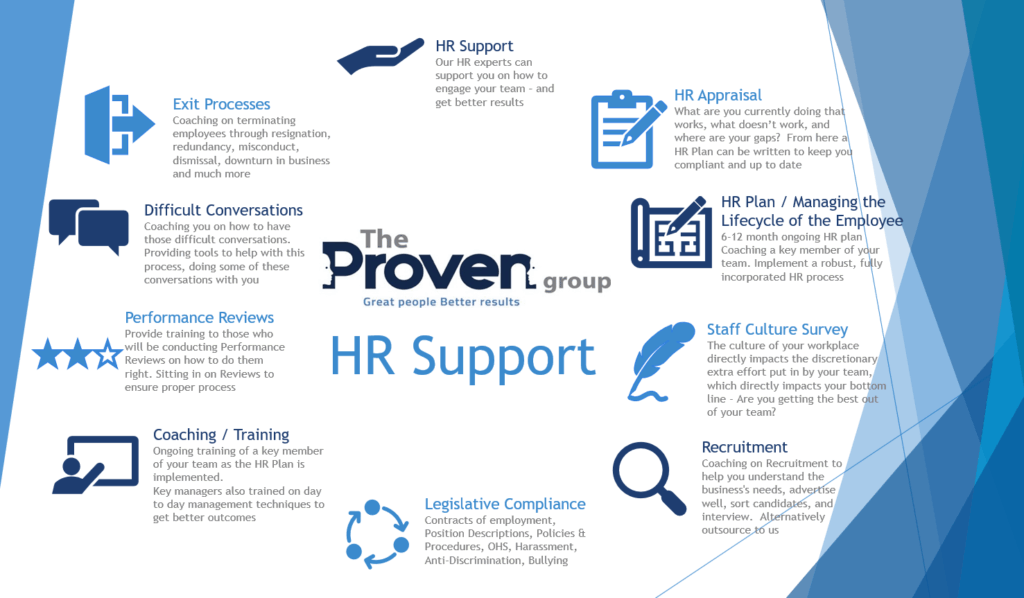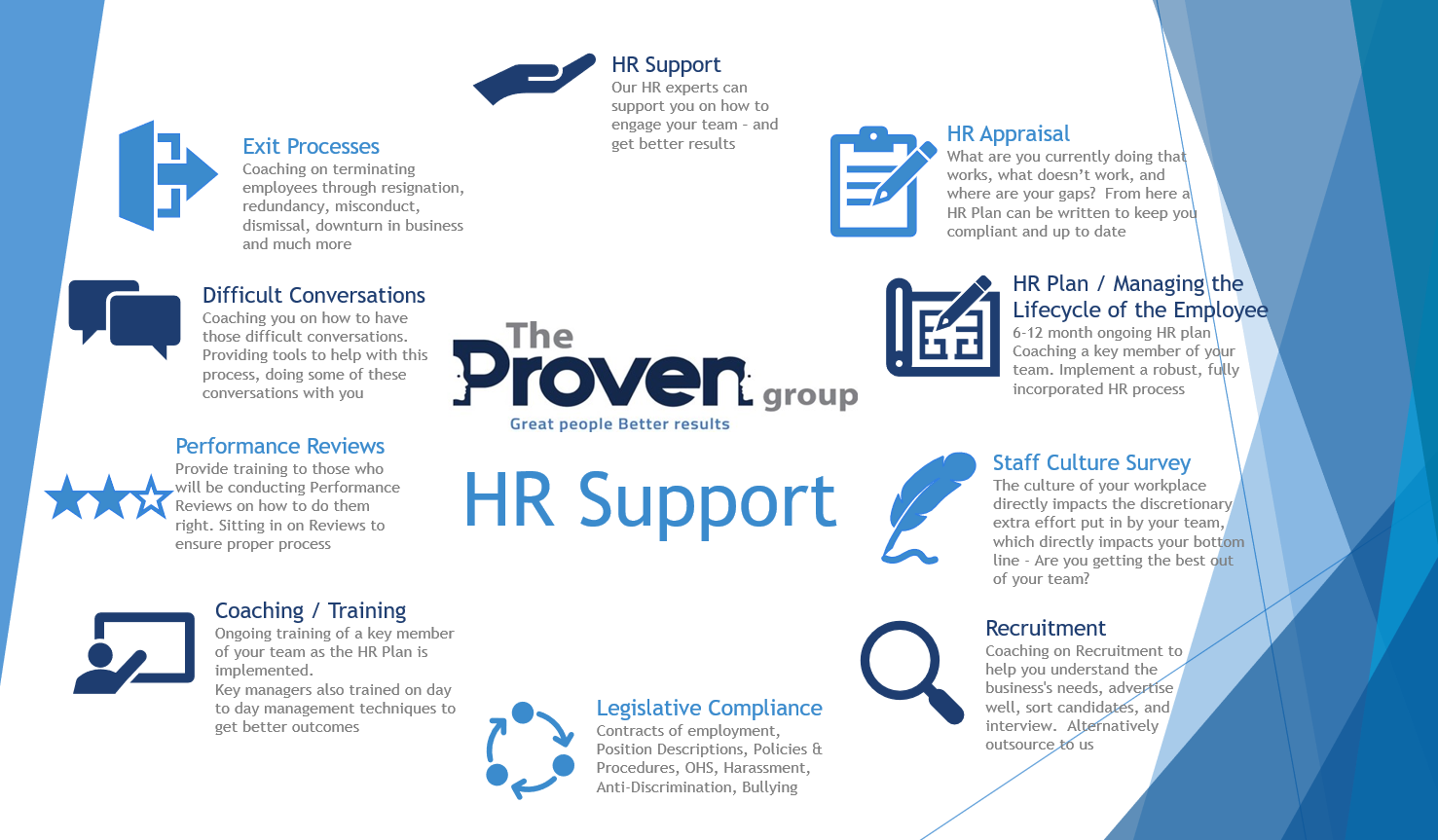
Comprehensive Guide to HR Support: Enhancing Employee Experience and Organizational Success
In today’s dynamic business environment, effective HR support is no longer a mere administrative function; it’s a strategic imperative. Organizations that prioritize robust HR support systems are better positioned to attract, retain, and develop top talent, ultimately driving organizational success. This comprehensive guide delves into the multifaceted world of HR support, exploring its key components, benefits, and best practices.
What is HR Support?
HR support encompasses a wide range of services and resources designed to assist employees and managers with various aspects of the employment lifecycle. This includes everything from onboarding and benefits administration to performance management and employee relations. The primary goal of HR support is to create a positive and productive work environment where employees feel valued, supported, and empowered to perform their best.
Key Components of Effective HR Support
A well-rounded HR support system typically includes the following key components:
- Onboarding and Orientation: Providing new hires with a smooth and informative onboarding experience helps them acclimate to the company culture, understand their roles and responsibilities, and quickly become productive members of the team.
- Benefits Administration: Managing employee benefits, such as health insurance, retirement plans, and paid time off, is a crucial aspect of HR support. Providing clear and accessible information about benefits options helps employees make informed decisions and feel secure in their employment.
- Payroll and Compensation: Ensuring accurate and timely payroll processing is essential for maintaining employee morale and compliance with labor laws. HR support in this area includes managing salary increases, bonuses, and other forms of compensation.
- Performance Management: Implementing a robust performance management system allows managers to provide regular feedback to employees, identify areas for improvement, and recognize outstanding performance. This includes setting clear goals, conducting performance reviews, and developing individualized development plans.
- Employee Relations: Addressing employee concerns, resolving conflicts, and promoting a positive work environment are critical aspects of HR support. This involves investigating complaints, mediating disputes, and providing guidance on company policies and procedures.
- Training and Development: Investing in employee training and development programs helps employees acquire new skills, enhance their knowledge, and advance their careers. HR support in this area includes identifying training needs, developing training programs, and tracking employee progress.
- HR Technology: Leveraging HR technology, such as HRIS (Human Resources Information System) and applicant tracking systems, can streamline HR processes, improve efficiency, and enhance the employee experience.
Benefits of Investing in Robust HR Support
Investing in robust HR support offers numerous benefits to both employees and the organization as a whole:
- Improved Employee Morale and Engagement: When employees feel supported and valued, they are more likely to be engaged in their work and committed to the organization’s success.
- Reduced Employee Turnover: Effective HR support can help reduce employee turnover by creating a positive work environment and providing employees with opportunities for growth and development.
- Enhanced Productivity: When employees have the resources and support they need to perform their jobs effectively, they are more likely to be productive and efficient.
- Better Compliance: Strong HR support helps organizations comply with labor laws and regulations, reducing the risk of legal issues and penalties.
- Improved Employer Branding: Organizations that prioritize HR support are more likely to attract top talent and build a positive employer brand.
- Reduced Costs: While investing in HR support may seem like an expense, it can actually save the organization money in the long run by reducing employee turnover, improving productivity, and minimizing legal risks.
Best Practices for Providing Effective HR Support
To ensure that your organization’s HR support system is effective, consider the following best practices:
- Make HR Accessible: Ensure that employees and managers can easily access HR support when they need it. This may involve providing multiple channels of communication, such as phone, email, and online portals.
- Be Responsive: Respond promptly to employee inquiries and concerns. Timely communication is essential for building trust and resolving issues quickly.
- Be Empathetic: Approach employee issues with empathy and understanding. Listen actively to their concerns and try to see things from their perspective.
- Be Knowledgeable: Ensure that HR support staff are knowledgeable about company policies, labor laws, and best practices. Provide them with ongoing training and development opportunities.
- Be Proactive: Don’t wait for problems to arise. Proactively identify potential issues and take steps to prevent them. This may involve conducting employee surveys, analyzing data, and implementing preventive measures.
- Use Technology Wisely: Leverage HR technology to streamline processes, improve efficiency, and enhance the employee experience. However, don’t rely solely on technology. Remember that human interaction is still essential for providing effective HR support.
- Measure Results: Track key metrics, such as employee satisfaction, turnover rates, and compliance rates, to measure the effectiveness of your HR support system. Use this data to identify areas for improvement.
The Future of HR Support
The field of HR support is constantly evolving. As technology advances and the workforce becomes more diverse, HR support professionals must adapt to meet the changing needs of employees and organizations. Some key trends shaping the future of HR support include:
- Increased Use of Artificial Intelligence (AI): AI is being used to automate many HR tasks, such as screening resumes, answering employee questions, and providing personalized training.
- Greater Focus on Employee Well-being: Organizations are increasingly recognizing the importance of employee well-being and are implementing programs to promote physical, mental, and emotional health.
- More Personalized HR Support: Employees are demanding more personalized HR support that is tailored to their individual needs and preferences.
- Emphasis on Diversity, Equity, and Inclusion (DEI): Organizations are committed to creating more diverse, equitable, and inclusive workplaces. HR support plays a critical role in achieving these goals.
- Remote Work Support: With the rise of remote work, HR departments are adapting to support employees working from home. This includes providing resources for remote collaboration, communication, and well-being.
Conclusion
Effective HR support is essential for creating a positive and productive work environment, attracting and retaining top talent, and driving organizational success. By investing in robust HR support systems and following best practices, organizations can empower their employees, enhance their performance, and achieve their business goals. As the world of work continues to evolve, HR support will play an increasingly important role in shaping the future of organizations.
Prioritizing comprehensive HR support is not just a trend but a fundamental requirement for sustainable success in today’s competitive landscape. By focusing on employee well-being, leveraging technology, and adapting to changing workforce dynamics, organizations can create a thriving workplace where everyone can reach their full potential. Remember that proactive and empathetic HR support fosters a culture of trust, engagement, and continuous improvement, ultimately contributing to a more resilient and successful organization.
[See also: Employee Engagement Strategies] [See also: Performance Management Best Practices] [See also: Building a Positive Workplace Culture]

